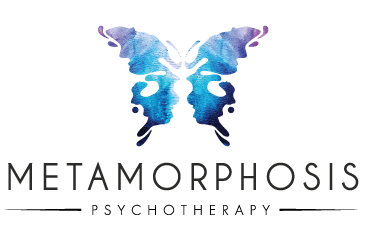Grief & Loss

Grief and loss impacts emotional and behavioral changes at various stages of death and dying. Younger adults, or adults with limited experience with this phase of life can often experience an uncontrollable range of emotions. Grief often is stereotyped as sadness or depression, and people are caught off guard when they experience anger, relief, anxiety, numbness, fear, irritation, resentment, restlessness, impatience and much more. Therapy offers guidance on the phases of grief and processing the reality of losing a loved one.
The elderly can experience grief differently than other adults. An older individual may think more about dying than living, because aging is often more about reflection than about looking to the future. Loneliness usually intensifies when older people lose a loved one, grief counseling for the elderly focuses on helping individuals overcome feelings of sadness and depression.
There are five stages of grief- Denial, Anger, Bargaining, Depression, and Acceptance. Although most individuals do not experience all these stages in sequence, most go through a particular stage more than once, or enter other stages simultaneously. Most individuals experience at least two of these stages of grief.
Therapy can support the grieving process by providing a safe environment to work through feelings of loss. In addition, the treatment encourages individuals to re-engage in daily activities, identify coping strategies, and normalize the emotions associated with the stages of grief.
